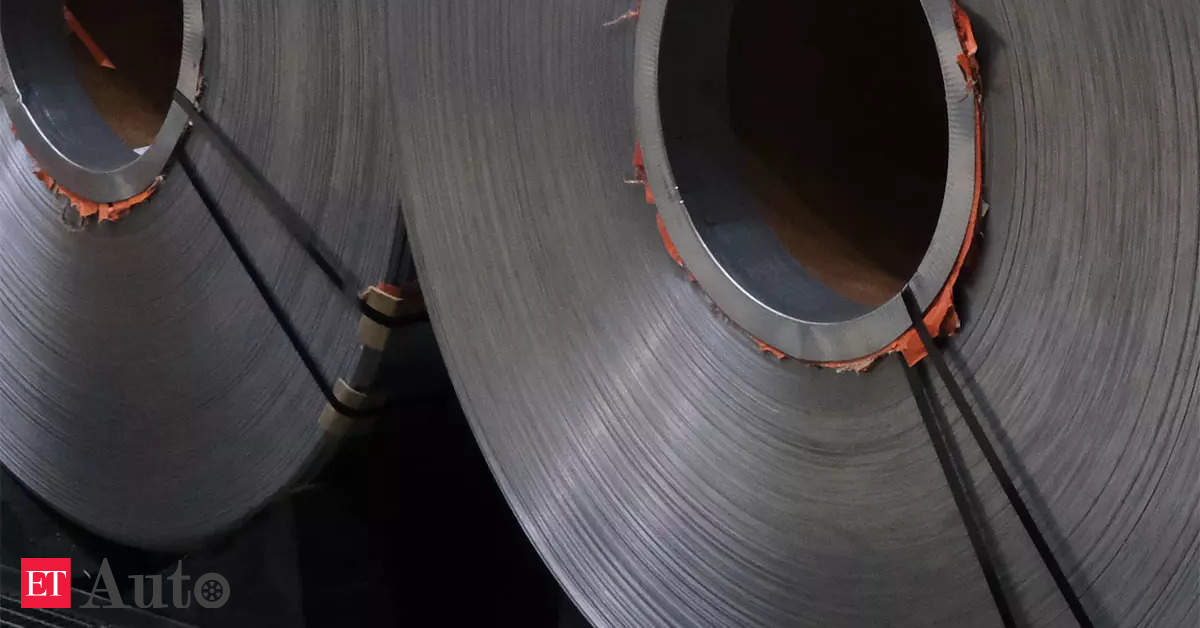New Delhi:
Ahead of the Union budget, industry body FICCI called on the government to reduce the basic customs duty (BCD) on ferronickel to zero and impose a higher duty of 12.5% on imports stainless steel flat products. Finance Minister Nirmala Sitharaman is due to present the Union budget for the financial year 2022-23 on February 1, 2022.In its budget recommendations, the Federation of Indian Chambers of Commerce and Industry (FFICI) also urged the government to maintain the zero duty on stainless steel scrap after March 31, 2022.
Currently, while the BCD on ferronickel is 2.5%, it is 7.5% on stainless steel flat products. On stainless steel scrap, zero customs duty is applicable until March 31, 2022.
Arguing for a zero duty on ferronickel, Ficci said it was the most important raw material used in the manufacture of stainless steel. The stainless steel industry meets most of its nickel requirements from ferronickel and stainless steel scrap, pure nickel being very expensive.
Due to the non-availability of ferronickel in the country, domestic stainless steel producers are forced to import it from countries like Japan, South Korea, and Greece. This is because India lacks nickel ore and hence there is no ferronickel production in the country.
In addition, no customs duties are applicable on ferronickel originating in Indonesia and Japan due to the India-ASEAN FTA and the India-Japan CEPA.
Regarding the imposition of a higher duty on flat stainless steel products, the body said, “There is a need to streamline these duties for various reasons.”
According to Ficci, imports of flat stainless steel products have increased in recent months. From a monthly average of 34,105 tons in 2020-2021, imports increased by 127% to reach 77,337 tons in July 2021. These high imports are hurting the domestic industry, which has the capacity and capacity to meet all domestic demand.
There is no need to depend on stainless steel imports, as the domestic industry can produce all grades and thicknesses required by end users, he said.
The domestic industry has an installed capacity of 5.04 million tonnes (MT), with the current capacity utilization at 78%, there are enough opportunities to increase capacity utilization to meet the overall domestic demand, Ficci noted.
He further stated that the absence of tariffs on scrap stainless steel had helped the industry to obtain raw materials for the production of stainless steel at competitive rates, at a time when international prices for stainless steel waste had increased by 25 to 40%.
The industry depends on scrap imports due to less availability in the country. Most of the stainless steel scrap needs are met by imports due to the low production rate of stainless steel scrap in the country.
“Stainless steel scrap is the most important raw material required by the stainless steel industry as it is the most cost effective way to meet nickel requirements.
“The zero duty is needed to encourage stainless steel producers to continue to use the EAF (electric arc furnace) route and reduce the sector’s carbon footprint as environmental sustainability becomes a significant issue worldwide. “, did he declare.
Read also :



